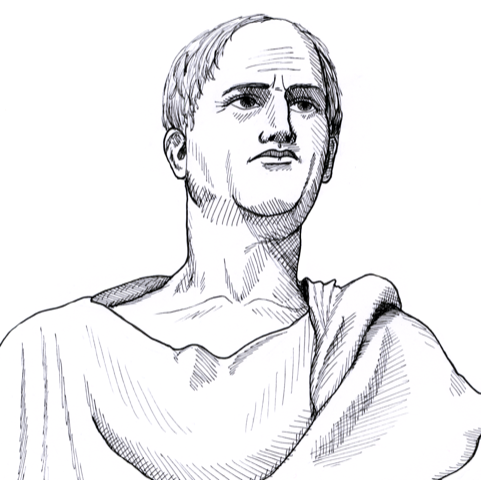
Cicero on the need for politicians to place the interests of those they represent ahead of their own private interests (1st century BC)
Found in: On Moral Duties (De Officiis)
For 2,000 years, ever since the roman lawyer Cicero (106-43 BC) warned politicians in “On Moral Duties” to serve the interests of those they represent ahead of their own private interests, politicians have done the very opposite. We had to wait until the development of the Public Choice school of economics in the late 20th century to explain why this would be the case:
Presidents, Kings, Tyrants, & Despots
… [L]et those who are to preside over the state obey two precepts of Plato, — one, that they so watch for the well-being of their fellow-citizens that they have reference to it in whatever they do, forgetting their own private interests; the other, that they care for the whole body politic, and not, while they watch over a portion of it, neglect other portions. For, as the guardianship of a minor, so the administration of the state is to be conducted for the benefit, not of those to whom it is intrusted, but of those who are intrusted to their care.